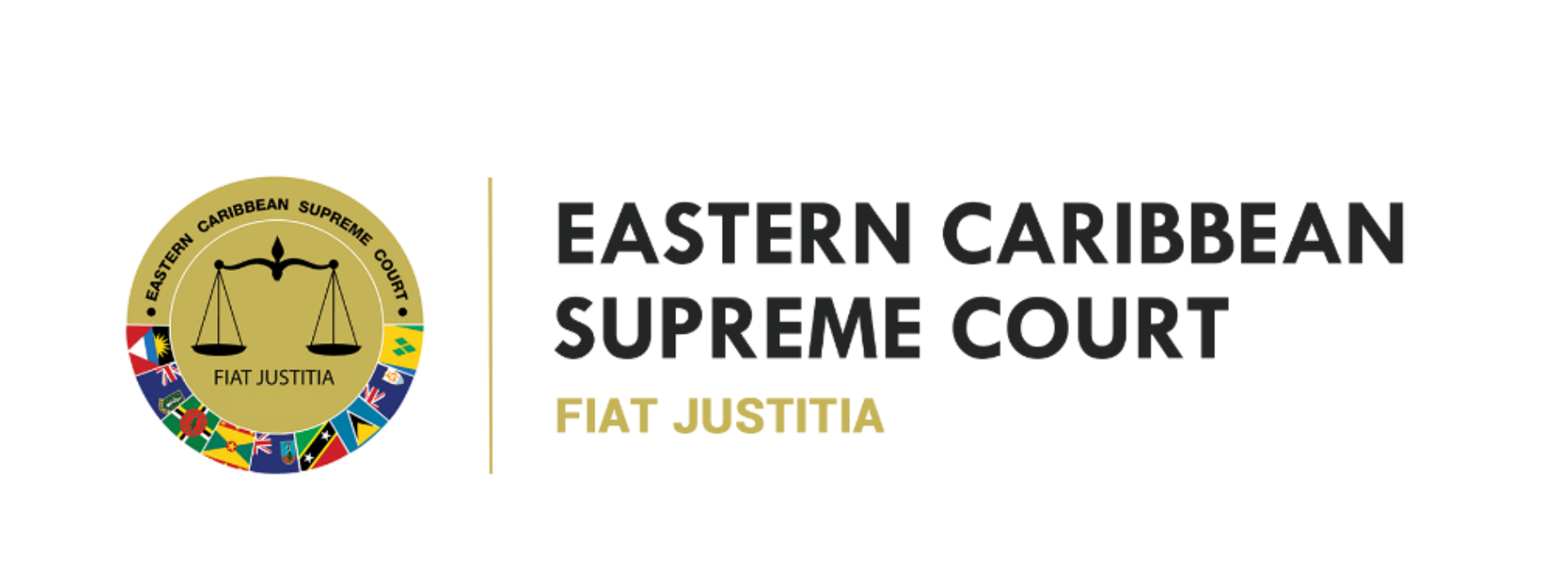Eastern Caribbean Supreme Court Issues Second Set of Sentencing Guidelines
ECSC - an Institution of the OECS
The Eastern Caribbean Supreme Court (ECSC), with the support of the British High Commission and the US Embassy for Barbados and the Eastern Caribbean, embarked on The Sentencing Guidelines Initiative aimed at promoting and streamlining the Court’s approach to sentencing across its nine-member jurisdiction.
The first set of Sentencing Guidelines were officially launched on 17th September, 2019 and came into effect on 1st October, 2019.
On 30th July 2020, The Hon. Dame Janice M. Pereira, DBE, LL.D Chief Justice and two other judges issued the second set of Sentencing Guidelines which comprises the following:
- Guidelines for Firearm Offences;
- Re-issued guidelines for Drug Offences;
- Re-issued Offences of Dishonesty compendium with guidelines for theft, robbery, burglary, and aggravated burglary; and
- Re-issued Sexual Offences compendium for rape, unlawful sexual intercourse, aggravated unlawful sexual intercourse, indecency and incest.
These Sentencing Guidelines represent the culmination of extensive work undertaken by the Sentencing Advisory Committee under the able chairmanship of His Lordship, the Honourable Justice Iain Morley. Since the launch of the first set of guidelines, the Committee has not only monitored the existing guidelines for fairness and effectiveness but has also worked on developing new guidelines.
It must be reiterated that the Sentencing Guidelines are not intended to achieve uniformity in sentences or to restrict judicial discretion. By employing measures which demonstrate consistency of approach and by mandating that clear reasons are provided for sentences passed, these guidelines will assist immensely in maintaining and promoting public confidence and transparency in the criminal justice system.
This second set of Sentencing Guidelines is slated to come into effect for application by the Supreme Court and the Magistrates’ Court in each Member State and Territory on 1st September, 2020. Legal practitioners and members of the wider public are urged to review the guidelines and familiarise themselves with the same ahead of the commencement date. Until 1st September, 2020, the existing guidelines will remain in force.
Please visit www.eccourts.org for new updates, notices and for keeping abreast with judgments delivered by the Court.
About the Eastern Caribbean Supreme Court:
The Eastern Caribbean Supreme Court (ECSC) was established in 1967 by the West Indies Associated States Supreme Court Order No. 223 of 1967. The ECSC is a superior court of record for the Organisation of Eastern Caribbean States (OECS), including six Independent States: Antigua and Barbuda, the Commonwealth of Dominica, Grenada, St. Kitts and Nevis, Saint Lucia, St. Vincent and the Grenadines; and three British Overseas Territories: Anguilla, The Virgin Islands, and Montserrat. The Court has unlimited jurisdiction in each Member State and Territory.
